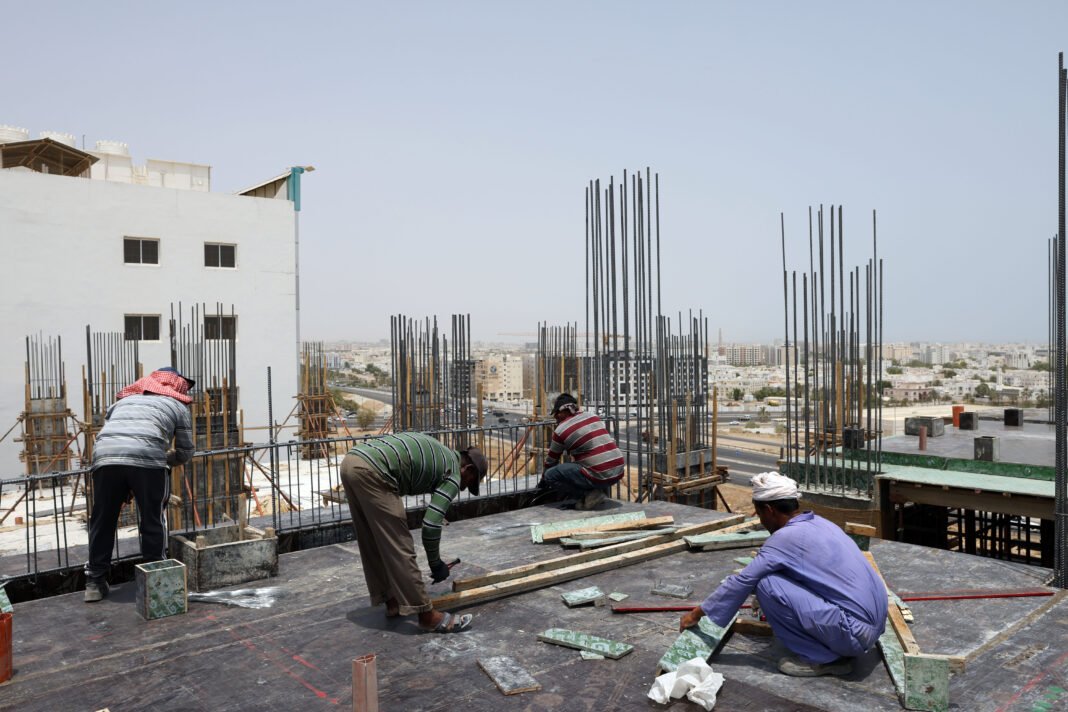The Kuwait midday outdoor work ban started on Sunday to shield workers from extreme summer heat. Furthermore, this ban runs daily between 11 am and 4 pm until the end of August.
Moreover, the Public Authority for Manpower announced that this rule applies throughout June, July, and August. Therefore, it targets the hottest hours in the peak summer months.
The Kuwait midday outdoor work ban was issued under Administrative Resolution No. 535/2015. Consequently, the regulation aims to prevent heat stress and safeguard outdoor workers’ health.
In addition, Kuwait faces soaring temperatures every summer, making outdoor work dangerous. Thus, the government enforces this ban to reduce dehydration and heat-related illnesses.
This ban requires employers to halt outdoor work during peak heat hours. Also, they must provide sufficient water and shaded rest areas to workers throughout the day.
Furthermore, authorities carry out regular inspections to ensure companies comply with this ban. In case of violations, they impose fines or other penalties to enforce the rules.
Workers in construction, delivery, and other outdoor jobs feel the ban’s impact most. However, it guarantees their safety by reducing exposure to harmful heat conditions.
Several Gulf countries have implemented similar bans to protect workers during the hottest periods. For example, Saudi Arabia and the UAE also restrict outdoor work during peak hours.
Public awareness campaigns accompany the Kuwait midday outdoor work ban to educate both employers and workers. Thus, these campaigns help people understand the importance of following the rules.
Health experts highlight the need for hydration and rest during extreme heat. Hence, this ban supports medical advice by minimizing heat exposure and preventing related health issues.
Citizens are encouraged to report any breaches of the ban to local authorities. Consequently, community cooperation improves enforcement and protects vulnerable workers in harsh weather.
The Kuwait midday outdoor work ban will undergo review after August ends. Therefore, officials plan to assess the policy’s effectiveness and consider necessary changes based on feedback.





